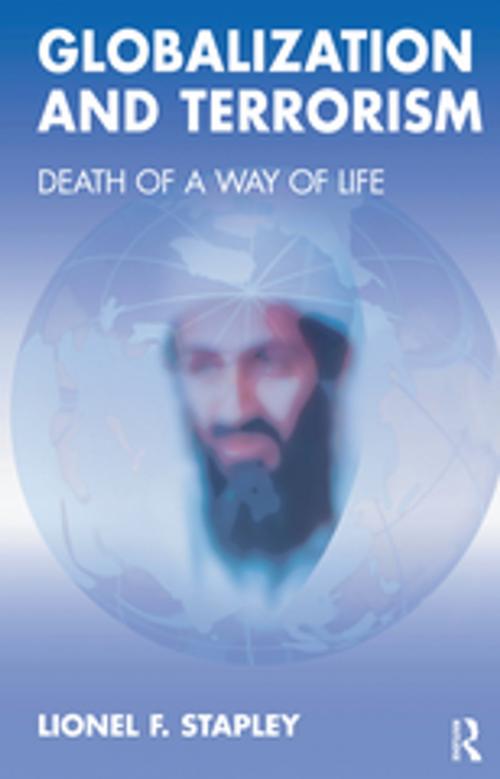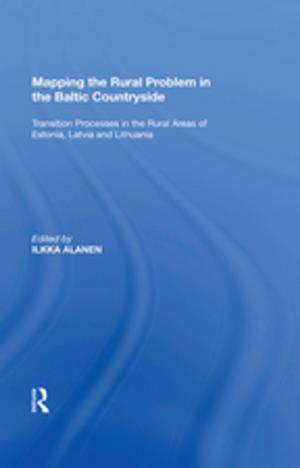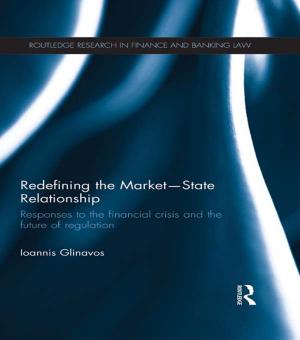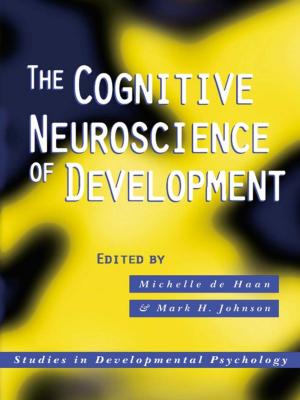Globalization and Terrorism
Death of a Way of Life
Nonfiction, Health & Well Being, Psychology, Mental Health| Author: | Lionel F. Stapley | ISBN: | 9780429914300 |
| Publisher: | Taylor and Francis | Publication: | June 6, 2019 |
| Imprint: | Routledge | Language: | English |
| Author: | Lionel F. Stapley |
| ISBN: | 9780429914300 |
| Publisher: | Taylor and Francis |
| Publication: | June 6, 2019 |
| Imprint: | Routledge |
| Language: | English |
How do we explain the factors that led to the murder by Muslim immigrants of Theo van Gogh in Holland? How do we explain why four young British Muslims should become suicide bombers who killed themselves and 52 innocent members of the British public and injured many more on the London underground on 7/ 7? How do we explain why a Danish journalist published a cartoon of the Prophet Mohammed and the violent reactions that this sparked throughout the world?' With a view to answering these and other topical questions this book tracks the development and progress of 'Globalization' with the intention of exposing the way that its development has centred on the technological process whilst ignoring the problems posed by its use; in particular the affect on societal cultures. This has been experienced as 'death of a way of life' leading to a loss of individual and group identity. In doing so, the author draws on comparisons with what is becoming known as 'the First Globalization'-the Industrial Revolution. The period of the Industrial Revolution was such that no parallels could be found in history and for the first time, the past ceased to throw its light upon the future; and this seems to most adequately describe what is happening today. An effect is to threaten the identity of Muslim societies who respond by mobilising groups such as Al Qaeda to commit acts of terrorism.
How do we explain the factors that led to the murder by Muslim immigrants of Theo van Gogh in Holland? How do we explain why four young British Muslims should become suicide bombers who killed themselves and 52 innocent members of the British public and injured many more on the London underground on 7/ 7? How do we explain why a Danish journalist published a cartoon of the Prophet Mohammed and the violent reactions that this sparked throughout the world?' With a view to answering these and other topical questions this book tracks the development and progress of 'Globalization' with the intention of exposing the way that its development has centred on the technological process whilst ignoring the problems posed by its use; in particular the affect on societal cultures. This has been experienced as 'death of a way of life' leading to a loss of individual and group identity. In doing so, the author draws on comparisons with what is becoming known as 'the First Globalization'-the Industrial Revolution. The period of the Industrial Revolution was such that no parallels could be found in history and for the first time, the past ceased to throw its light upon the future; and this seems to most adequately describe what is happening today. An effect is to threaten the identity of Muslim societies who respond by mobilising groups such as Al Qaeda to commit acts of terrorism.















